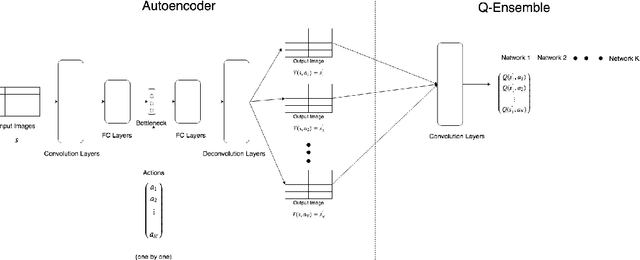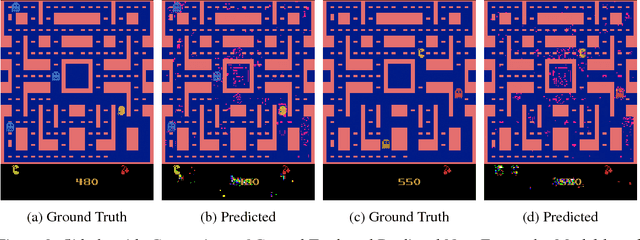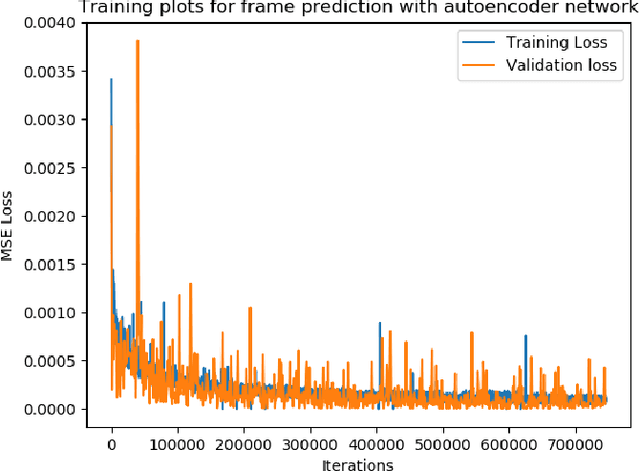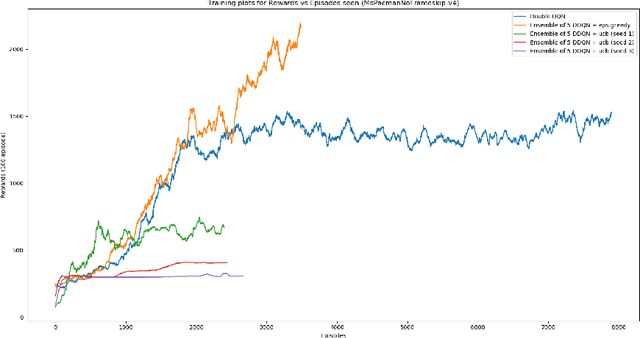Sreecharan Sankaranarayanan
Disagreement as Data: Reasoning Trace Analytics in Multi-Agent Systems
Jan 18, 2026Abstract:Learning analytics researchers often analyze qualitative student data such as coded annotations or interview transcripts to understand learning processes. With the rise of generative AI, fully automated and human-AI workflows have emerged as promising methods for analysis. However, methodological standards to guide such workflows remain limited. In this study, we propose that reasoning traces generated by large language model (LLM) agents, especially within multi-agent systems, constitute a novel and rich form of process data to enhance interpretive practices in qualitative coding. We apply cosine similarity to LLM reasoning traces to systematically detect, quantify, and interpret disagreements among agents, reframing disagreement as a meaningful analytic signal. Analyzing nearly 10,000 instances of agent pairs coding human tutoring dialog segments, we show that LLM agents' semantic reasoning similarity robustly differentiates consensus from disagreement and correlates with human coding reliability. Qualitative analysis guided by this metric reveals nuanced instructional sub-functions within codes and opportunities for conceptual codebook refinement. By integrating quantitative similarity metrics with qualitative review, our method has the potential to improve and accelerate establishing inter-rater reliability during coding by surfacing interpretive ambiguity, especially when LLMs collaborate with humans. We discuss how reasoning-trace disagreements represent a valuable new class of analytic signals advancing methodological rigor and interpretive depth in educational research.
Combining Model-Free Q-Ensembles and Model-Based Approaches for Informed Exploration
Jun 12, 2018



Abstract:Q-Ensembles are a model-free approach where input images are fed into different Q-networks and exploration is driven by the assumption that uncertainty is proportional to the variance of the output Q-values obtained. They have been shown to perform relatively well compared to other exploration strategies. Further, model-based approaches, such as encoder-decoder models have been used successfully for next frame prediction given previous frames. This paper proposes to integrate the model-free Q-ensembles and model-based approaches with the hope of compounding the benefits of both and achieving superior exploration as a result. Results show that a model-based trajectory memory approach when combined with Q-ensembles produces superior performance when compared to only using Q-ensembles.
Coordinating Collaborative Chat in Massive Open Online Courses
Apr 18, 2017

Abstract:An earlier study of a collaborative chat intervention in a Massive Open Online Course (MOOC) identified negative effects on attrition stemming from a requirement for students to be matched with exactly one partner prior to beginning the activity. That study raised questions about how to orchestrate a collaborative chat intervention in a MOOC context in order to provide the benefit of synchronous social engagement without the coordination difficulties. In this paper we present a careful analysis of an intervention designed to overcome coordination difficulties by welcoming students into the chat on a rolling basis as they arrive rather than requiring them to be matched with a partner before beginning. The results suggest the most positive impact when experiencing a chat with exactly one partner rather than more or less. A qualitative analysis of the chat data reveals differential experiences between these configurations that suggests a potential explanation for the effect and raises questions for future research.
* 8 pages
 Add to Chrome
Add to Chrome Add to Firefox
Add to Firefox Add to Edge
Add to Edge